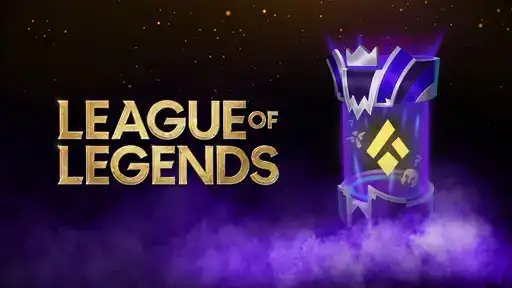Asian Dominance in Esports
Within the ecosystem of competitive esports, several leagues, like the LPL, LCK, and LCS, have carved out a dominant presence. Particularly, the LPL, hailing from China, and the LCK, from South Korea, have established themselves as powerhouses. Their successes have ignited a debate about their command over global esports competitiveness.
The LPL and LCK have been setting the pace of competitive play, attracting international attention. This level of competitiveness elevates the quality of the games, with teams from these leagues often scoring control over championship events.

Similarly, the LCS from North America has made strides in competitive esports. While being younger compared with their Asian counterparts, their teams have shown exceptional growth and competitiveness. This has prompted industry insiders and enthusiasts to take notice of their potential rise on the global stage.
Factors Influencing Dominance
Several factors contribute to the dominance of these leagues. The reputation and track record of the LPL and LCK have garnered massive respect, giving their teams an advantage in terms of psychological warfare. On the other hand, the LCS, despite being relatively new, benefits from the competitive gaming culture and infrastructure developed in North America.
LCK's history has been crucial for its ascendancy. Hailing from a nation with a robust gaming culture, its teams have capitalized on South Korea's solid foundation in the gaming industry, utilizing its infrastructure, talent development system, and fan support to climb the competitive ladder.
The LPL's success, on the other hand, can be traced back to the immense support from its large player base and fans. China's massive population transforms into a large pool of talent, giving its teams a constant supply of players suited for competitive play.
Meanwhile, the LCS's rise to prominence can be credited to North America's competitive gaming culture and the development of esports in the region. This has been instrumental in fuelling the LCS's upward trajectory.
Implications of the Dominance
The aforementioned dominance has significant implications for esports. For one, this can influence competitive dynamics, with other leagues striving to match or surpass their performance. This raises the bar for competitive esports, resulting in high-quality, thrilling matches.
Moreover, this dominance also attracts sponsorship deals and broadcasting rights. As these leagues rise in popularity, the more profitable they become. This cyclical process sets these leagues and their teams on course for even greater growth.
Furthermore, the dominance of these leagues could spur the development of esports as a mainstream sporting event. It's plausible that these leagues could pave the way for the broader recognition and acceptance of esports as a legitimate sport on a global stage.
Lastly, this dominance could set the stage for intriguing, international rivalries. Given the competitiveness among LPL, LCK, and LCS, epic showdowns between these leagues may become regular events in the esports calendar, further increasing their global popularity.
The Path Ahead for Esports
The future of esports presents a vibrant canvas filled with unlimited opportunities. As long as the LPL, LCK, and LCS continue to dominate, global recognition and financial success is inevitable. It will be interesting to observe how other leagues step up their game to compete against these titans.
But the question remains - is this dominance sustainable? In an industry characterized by constant evolution, could complacency set in, creating opportunities for other leagues to steal the limelight?
Moreover, considering the boom in esports, it's also worth looking at how other leagues could potentially harness this growth. Could this create a paradigm shift in the competitive dynamics of esports, thereby disrupting the status quo?
All these questions make the future of esports all the more exciting. It's a given that LPL, LCK, and LCS will continue to be influential forces in the esports realm. Yet, how their journey shapes up amidst the changing dynamics of esports forms the crux of our attention.